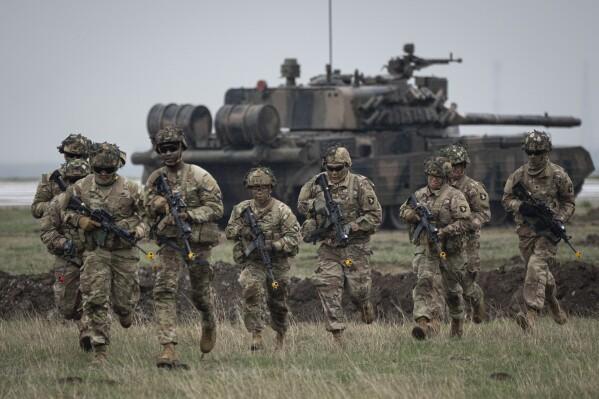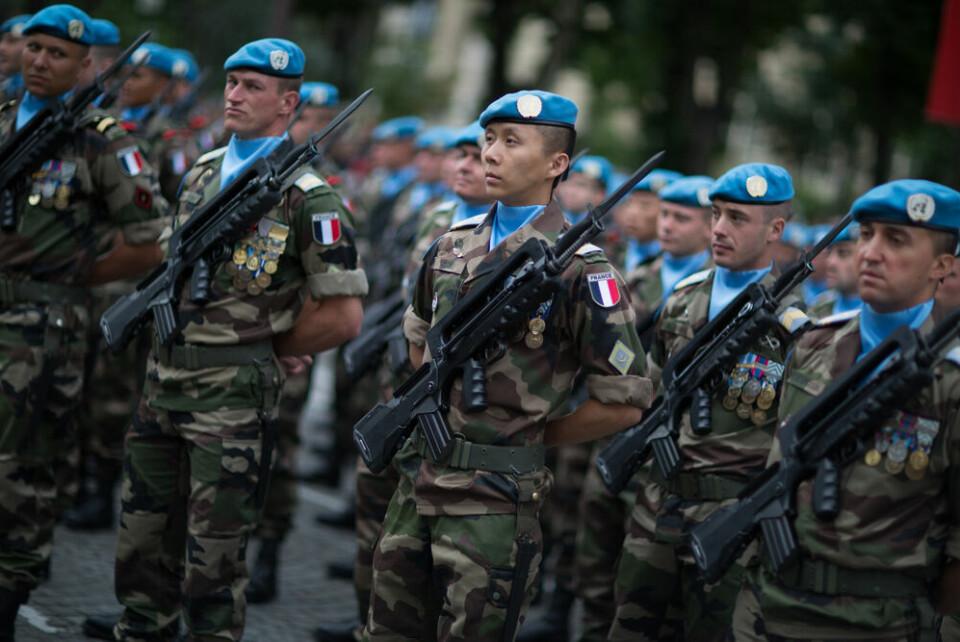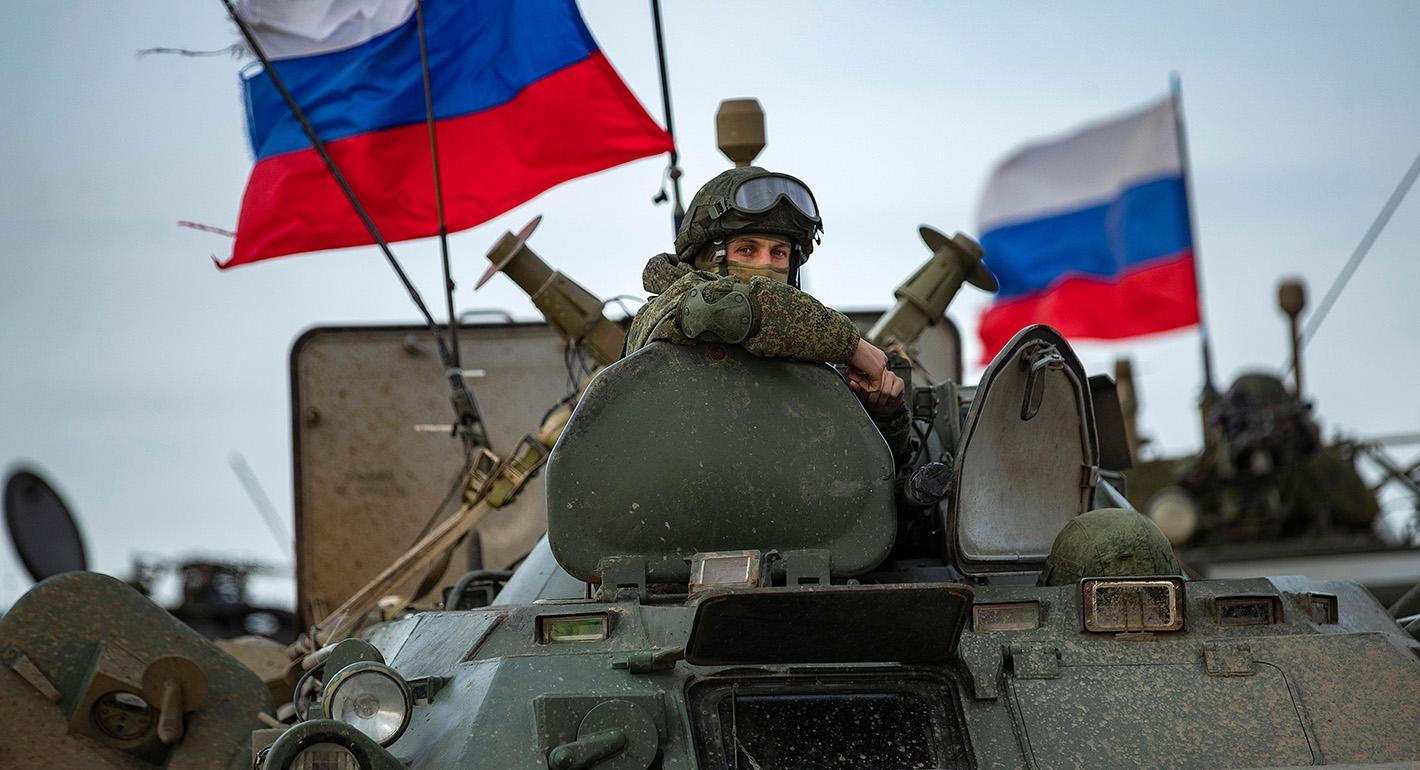Will foreign troops save Ukraine? Breaking through
On May 6, independent media sources reported that France had secretly deployed around 100 troops in Ukraine, mainly for intelligence purposes, with the possibility of deploying additional troops on Ukrainian soil. Although the news report came as a little shock, official Kyiv did not issue a statement, while a day after, the French authorities denied sending troops to Ukraine. The rumours and speculation about sending NATO troops to Ukraine are not new.
In early 2024, French President Emmanuel Macron said he has not ruled out sending ground troops to Ukraine if Russia breaks through Ukrainian front lines, and the government in Kyiv made such a request. Later, Macron reaffirmed his previous statements backing Ukraine in the face of Russia’s battlefield advances. The debates regarding NATO troops in Ukraine emerged following the unsuccessful counteroffensive of the Ukrainian forces against Russia. Moreover, Russia’s adaptation to the new war tactics and war realities on the ground enabled it to ensure quick advancement in the last few months while Ukraine's military and human resources were exhausted. Macron's comments shook other NATO leaders, with several quickly downplaying the potential for NATO troops on the frontlines.

As such, NATO seriously discussed the possibility of sending troops to Ukraine to "defend the borders of the Trans-Atlantic community from further Russian aggression." However, countries like Poland, Germany, and Italy recently affirmed that they would not be sending troops to Ukraine. The head of NATO also said the U.S.-led military alliance has no plans to send troops to Ukraine after other central European leaders confirmed that they, too, would not be providing soldiers.
The Kremlin, meanwhile, warned that a direct conflict between NATO and Russia would be inevitable if the alliance sent combat troops. Amid the reports of the French troops in Ukraine, Russia launched military drills with the deployment of tactical nuclear missiles. If debate on a NATO intervention raises the pressure on Russia's government to the point it acts out tangible, concrete steps to intercede, putting NATO boots on the ground may do a lot to end Russia's disruptive, decade-long campaign to subjugate Kyiv.
Although Ukraine maintains some critical positions around Kharkiv, Russia’s recent advancement toward Chasiv Yar, a strategically important town, may ignite the situation on the frontline. In addition to Russia’s advance, the long delays in Western military aid to Ukraine are also a crucial factor behind its military exhaust.

Consequently, Ukraine is hampered by the age distribution of its population, with children and older people over-represented when compared to young men in the 19-35 age bracket. However, its troop total is still too low for a population that exceeds 30 million by most estimates. Therefore, whether there is a consensus or not, NATO countries will soon have to send soldiers to Ukraine or else accept catastrophic defeat. The British, French, and Nordic countries are already quietly preparing to send troops — small elite units and logistics and support personnel — who can remain far from the front.
However, the recent balance of power in the frontline leaves little optimism that Ukraine will be able to conduct another major counteroffensive successfully against Russia in 2024. As such, France and other NATO countries may soon face harsh security challenges in light of Russia's advancement toward the Western Ukrainian territories. It also stirred fears that, motivated by its successful advance in Ukraine, Russia could conduct aggression against the Baltic states.

If Europe cannot provide enough troops, Russia will prevail on the battlefield, and even if diplomacy successfully intervenes to avoid a complete debacle, Russian military power will have victoriously returned to Central Europe.
Despite sanctions and international pressure, Russia keeps its economic activities surging while its oil revenues grow. Moreover, China is now openly supporting Russia in terms of defence exports and additional energy contracts, thus pushing West and Ukraine into a serious dilemma.








